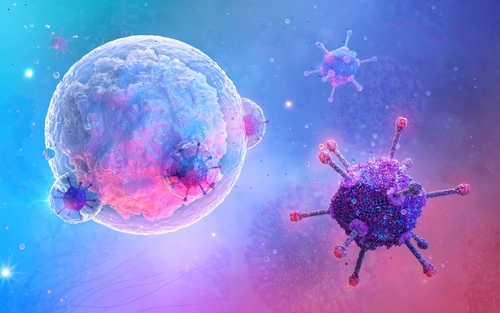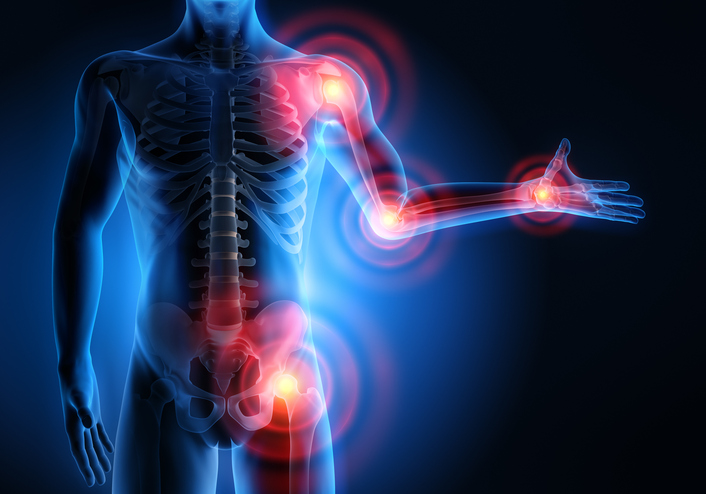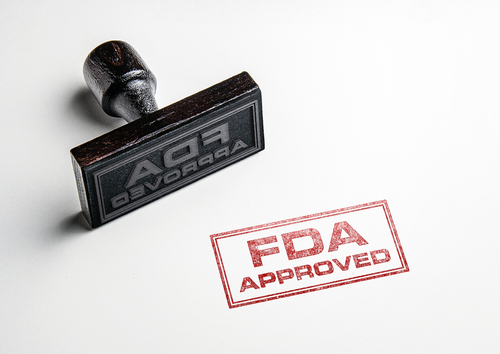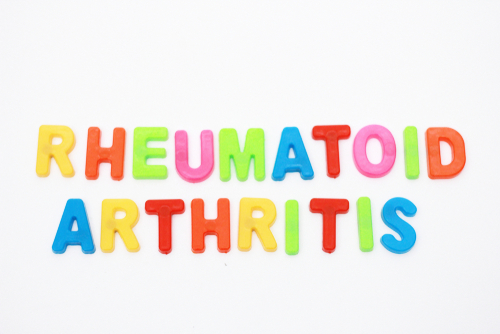
Chimeric antigen receptor (CAR) T cells are a powerful therapy utilized in the treatment of hematologic malignancies. Autoreactive B cells can cause the severe pathology seen in systemic rheumatic autoimmune diseases. There are therapies that target B cells in rheumatology, including mechanisms like B-cell depletion or B-cell activation (eg, B-cell activating factor), but these do not induce long-lasting, drug-free remission. Several case reports and case series have suggested the feasibility and short-term efficacy of CD19 CAR T-cell therapy in autoimmune diseases. A recent case series published in the New England Journal of Medicine presented data on the short- and long-term efficacy and safety of CAR T-cell treatment in 15 patients with varying systemic rheumatic autoimmune diseases.1
The study included patients with diagnoses of systemic lupus erythematosus (SLE), idiopathic inflammatory myositis (IIM), or systemic sclerosis (SSc) with severe and progressive disease course. All patients had inadequate response to at least 2 previous immunosuppressive therapies. An expanded-access program was used to offer this therapy to critically ill patients in Germany. The product consisted of autologous CD19 CAR-transduced CD4- and CD8-enriched T cells; the patients also received lymphodepleting chemotherapy with fludarabine and cyclophosphamide. Disease activity was assessed for each rheumatic condition. Patients were screened daily for cytokine release syndrome (CRS) and immune effector cell-associated neurotoxicity syndrome during the first 10 days after CAR T-cell infusion.
Fifteen patients with refractory systemic autoimmune disease were enrolled: 8 with SLE, 3 with IIM, and 4 with SSc. Patients with SLE had a median Systemic Lupus Erythematosus Disease Activity Index-2K (SLEDAI-2K) score of 13 and lupus nephritis class III or IV. All patients with IIM and SSc had interstitial lung disease with reduced forced vital capacity and carbon monoxide diffusion. The median creatine kinase (CK) level for patients with IIM was 4298 U/L, and for patients with SSc, the median modified Rodnan skin score (MRSS) was 25.5.
Following infusion, CAR T cells rapidly expanded and reached peak concentration after a mean of 8.6 ± 0.8 days. The CD19+ B cells were rapidly eliminated from peripheral blood after a mean of 5.9 ± 2.2 days. In 14 of 15 patients, B cells reappeared after a mean of 112 ± 47 days. The peak of CAR T-cell expansion was lower and the duration of CAR T-cell presence in the blood was shorter in patients who had previously received rituximab compared with those who had not.
Regarding efficacy, all 8 patients with SLE met lupus low disease activity state criteria, had remission based on the Definition of Remission in SLE criteria after 6 months, and had a SLEDAI-2K score of 0 after 6 months. SLE disease activity remained absent in long-term follow-up for up to 29 months (SLEDAI-2K score of 0), and other markers also normalized during the observation period (eg, dsDNA antibodies, proteinuria). The authors noted sustained absence of SLE-specific autoantibodies in long-term follow-up.
Similarly, patients with IIM had a clinical response according to the American College of Rheumatology/European League Against Rheumatism criteria, normalization of CK levels, and normalization of muscular function by manual muscle testing and a subset of 8 muscles; additionally, any extramuscular disease activity resolved.
Finally, MRSS and global disease activity (according to the European Scleroderma Trials and Research Group) decreased in all 4 patients with SSc.
All 15 patients were able to successfully discontinue steroids and all other immunosuppressive medications at final follow-up assessment. In terms of safety, CRS grade 1 occurred in 10 patients and 1 patient had CRS grade 2; 1 patient required admission for pneumonia, but otherwise only mild infections (mostly upper respiratory tract infections) were reported.
The authors noted some limitations to the study, including the possibility that lymphodepleting chemotherapy (fludarabine and cyclophosphamide) contributed to short-term effects of the CAR T-cell treatment; however, many findings—persistent B-cell depletion, drug-free remission, and loss of autoantibodies—are unlikely to be explained by this. Additionally, some patients had received prior cyclophosphamide without response.
Ultimately, these data provide interesting preliminary evidence for the efficacy and safety of CD19 CAR T-cell therapy in severe, refractory autoimmune disease; all patients were able to come off immunosuppressive agents entirely without relapse. Patients with SLE and IIM demonstrated complete resolution of disease, and patients with SSc saw a reduction in severity of cutaneous and lung disease. While further studies and clinical trials with long-term safety monitoring are needed, these results suggest CD19 CAR T-cell therapy can induce sustained disease-free remission in patients with refractory rheumatic autoimmune diseases.
Reference
- 1. Müller F, Taubmann J, Bucci L, et al. CD19 CAR T-cell therapy in autoimmune disease – a case series with follow-up. N Engl J Med. 2024;390(8):687-700. doi:10.1056/NEJMoa2308917







 © 2025 Mashup Media, LLC, a Formedics Property. All Rights Reserved.
© 2025 Mashup Media, LLC, a Formedics Property. All Rights Reserved.